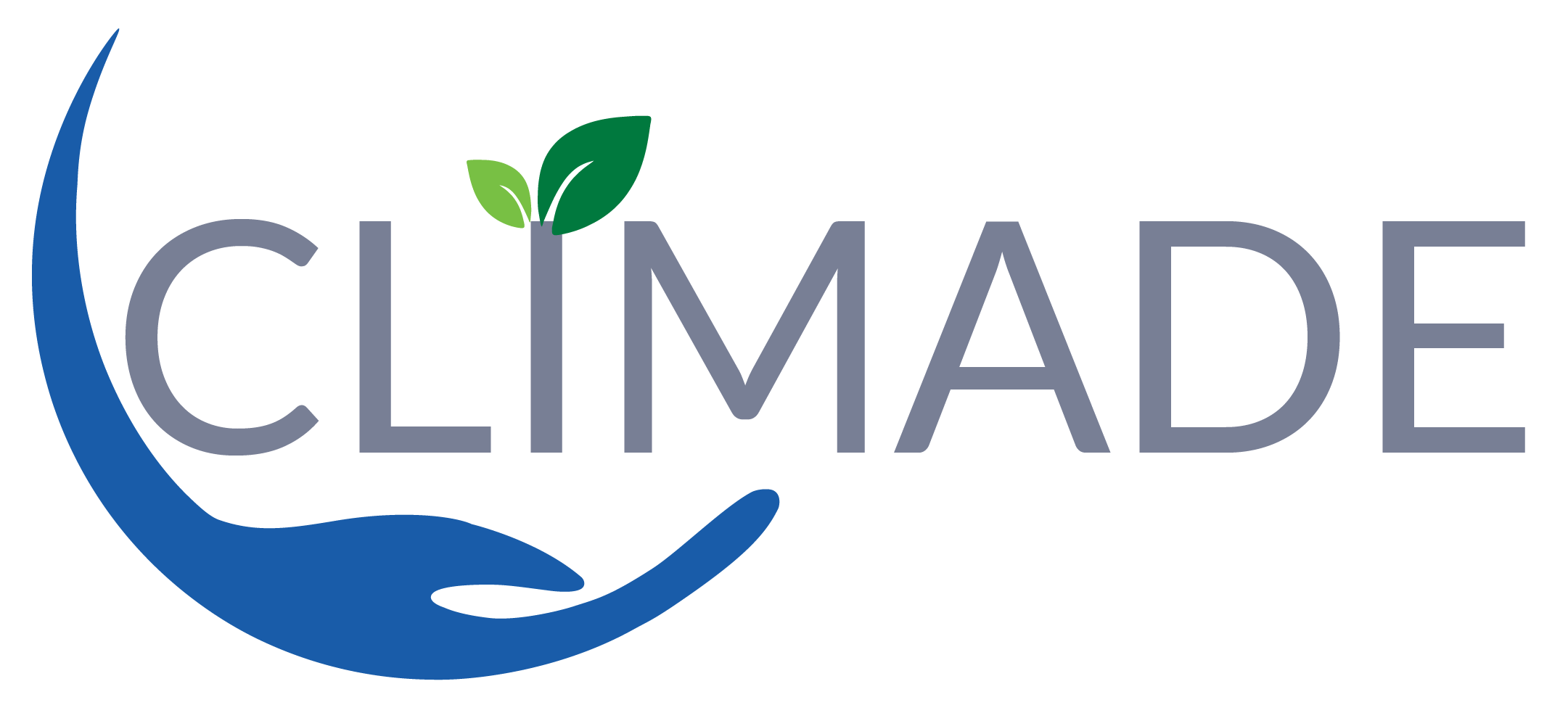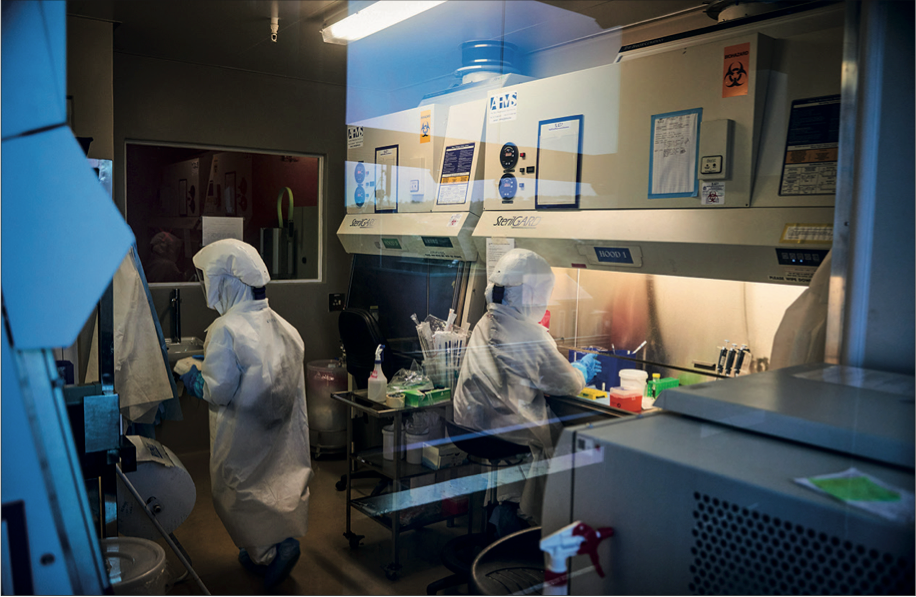The Lancet, 2022.
Authors: de Oliveira T.
Journal: The Lancet,https://doi.org/10.1016/S0140-6736(22)00977-1I: (2022)
Abstract
During the COVID-19 pandemic, the lives of many loved ones and colleagues have been lost. Despite the terrible toll of COVID-19, in South Africa scientists have worked relentlessly to produce some of the science that has driven the global COVID-19 response. But researchers faced challenges, notably the international travel ban that was placed on South Africa for much of the pandemic and deeply affected the local economy. Some researchers in South Africa received death threats and, at some point, even needed armed guards in front of our laboratories. Against all the odds, we persevered and are a leading country in SARS-CoV-2 genomics surveillance.
Praise and recognition of scientists in Africa is not common on the global stage; typically, researchers in Africa have to produce at least twice as much to get less than half the respect of researchers from high-income countries (HICs). For example, the discovery of Ebola virus in 1976 was credited to European scientists, when much of the work had been done in Africa by African scientists.4 This kind of scientific discrimination against researchers from low-income and middle-income countries (LMICs) is widespread.
It is time to enter a new global phase where researchers in Africa and other LMICs are recognised and not punished for their scientific discoveries. Scientists in Africa and other LMICs have key contributions to make in advancing global health, especially in areas such as epidemic response and infectious diseases. It is time to invest more in science in LMICs if the world is to be better prepared to deal with future epidemics and pandemics. HICs, which have discriminated against the work of scientists in Africa for centuries, are only now starting to recognise the leading role they have had during this pandemic.

